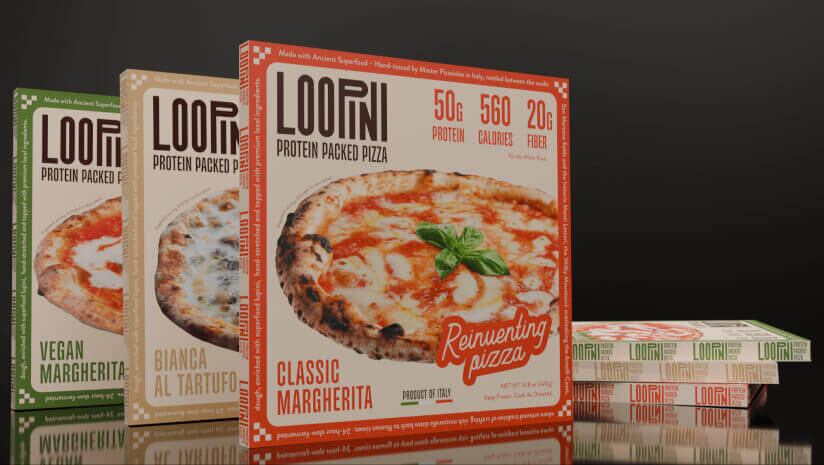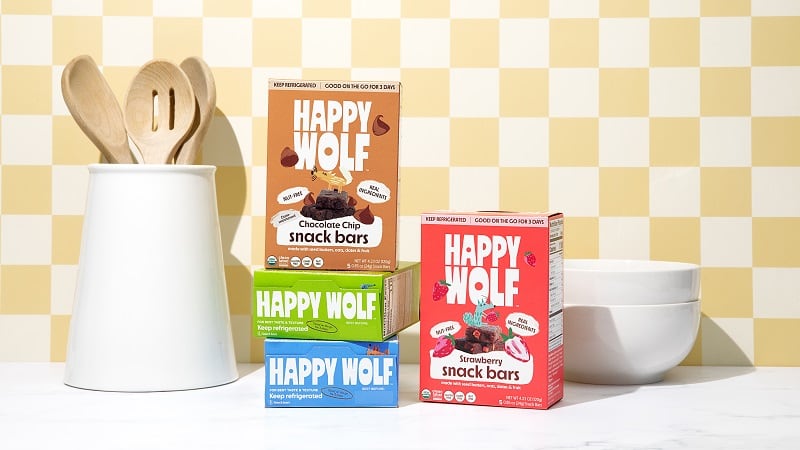At the Winter Fancy Food Show in Las Vegas earlier this year, Startup CPG’s recently launched Further initiative to support female founders held a pitch event in which women hopped on stage to tell their story and receive feedback from a panel of judges.
“It is so important to have your pitch ready” to give at any moment to media, investors, buyers or consumers and to know how to tailor the story to different groups, said Patricia Menegoto, director of marketing and communications with Startup CPG.
But, she added, most listeners will not offer “real feedback on how to improve that pitch,” so founders are left to fumble on their own or learn what works and what doesn’t through trial and error – sometimes at great cost.
“The event we hosted during the Winter Fancy Food Show helped them to hear from buyers and media how they can improve their pitch and perform better. Also, other brands listening to the pitches and feedback” can learn how to improve their own pitch, she explained.
Pitch a problem and solution
While pitches are about promoting a specific brand, entrepreneurs should provide broader context for why a product was created and why it deserves space on a retailer’s shelf or in a consumer’s cart, said Sarah Nathan, who recently launched Nooish, a modern Jewish comfort food brand that makes an instant matzo ball soup.
“I used to work for Chobani, and one of the big things I learned from them was it is about category and not about brand. So, really understanding what is your white space in the entire category versus your particular brand,” and communicating in the pitch how the product or company solves a problem for consumers or retailers, she said.
She also admitted staying within the time limit set by many pitch competitions is a challenge. She noted that while some founders memorize their pitch or read off of cards, these strategies don’t work for her – which is why she advises founders to find an approach that makes them comfortable.
That said, a strong pitch uses qualitative and quantitative data to create “wow moments,” she said. She also advised companies to “know their numbers” so they can easily answer questions about their margins, where they are selling, their growth projections and retail mix.
“The more they feel like you know your business, the more confident that they are going to feel in backing you,” she explained.
Discover more advice from founders for founders
Checkout previous installments of Startup Spotlight for more advice on building a business:
- How one protein bar brand is differentiating with savory flavors
- Trademarking, licensing and a dash of AI make condiment company’s recipe for success
- How functional children’s food brand Tiny Sprouts LEAPed into Whole Foods
- Tips to survive a failed crowdfund campaign
- The total package: When fitting in is better than sticking out
Sharing the ‘why’ behind a product can deepen the connection with a brand
Just as important as the numbers in a pitch is the ‘why,’ as in why a product was created and why a consumer, retailer or investor should care.
Tuyyo Founder Stefanie Garcia Turner, who also pitched at the Startup CPG Further event, explained she always starts her pitch – no matter who it is to – with the reason she created a line of powdered agua frescas and the brand.
“There are so many different types of pitches,” including to consumers while demoing at a store, to retailers when talking to a potential buyer or to marketers and investors when seeking additional help, she said.
All of those pitches are different, she explained. The demo to a consumer is focused on what a product is and how it will fit their lifestyle, while pitches to investors are “more high level” and focused on the brand’s vision and path to success, she said.
But all of them center on the product’s purpose – the ‘why’ – which for Tuyyo is to recreate the nostalgic childhood memories Garcia Turner has of drinking powdered agua fresca but without artificial colors, flavors and preservatives.
Fine-tuning a pitch can help founders refine their businesses
Pitching serves a dual purpose of selling a product or brand to someone, and in creating a framework for entrepreneurs to refine and reinforce their business model.
Pitching “helped me understand my business better,” said Garcia Turner. “I looked through every facet of my business – how am I doing financially? How am I doing with my marketing? What is the story I am telling and what is resonating?”
Feedback from customers, retailers and other have shaped how Garcia Turner says she pitches and influences her business decisions.
But one element that has consistently resonated with Tuyyo’s targets is why Garcia Turner started the brand.
“That is why I like to lead with that because it sets somebody into that situation better,” she explained.
Why female founders need a “safe space”
The pitch event at the Winter Fancy Food Show was one of many ways that Startup CPG is bringing female founders together under its Further initiative, which launched in 2024, according to Menegoto.
“Startup CPG is a community helping emerging brands. We have a Slack channel with over 25,000 members, but also we created a private Further channel so only female founders are there. They can ask questions, we talk about new programs that are coming and” it is a place where they can reinforce connections made at live events hosted by Further, Menegoto explained.
For example, Further hosts Zoom mixers where participants can learn about finances, practice their pitches, talk about being a mom and a business leader and hone other skills or hash out challenges together.
“Creating a safe space for female founder is so important because sometimes women tend to be a little shy to ask questions or put ourselves out there, versus men who are often more outgoing” and willing to try something even if it isn’t perfect, Menegoto said.
She added this is a space where women can explore something before it is “perfect” and know they will not be judged.



